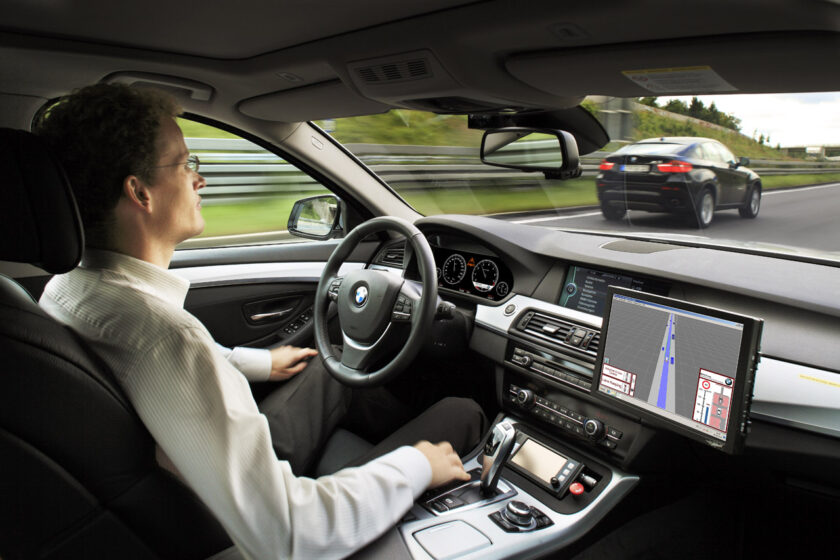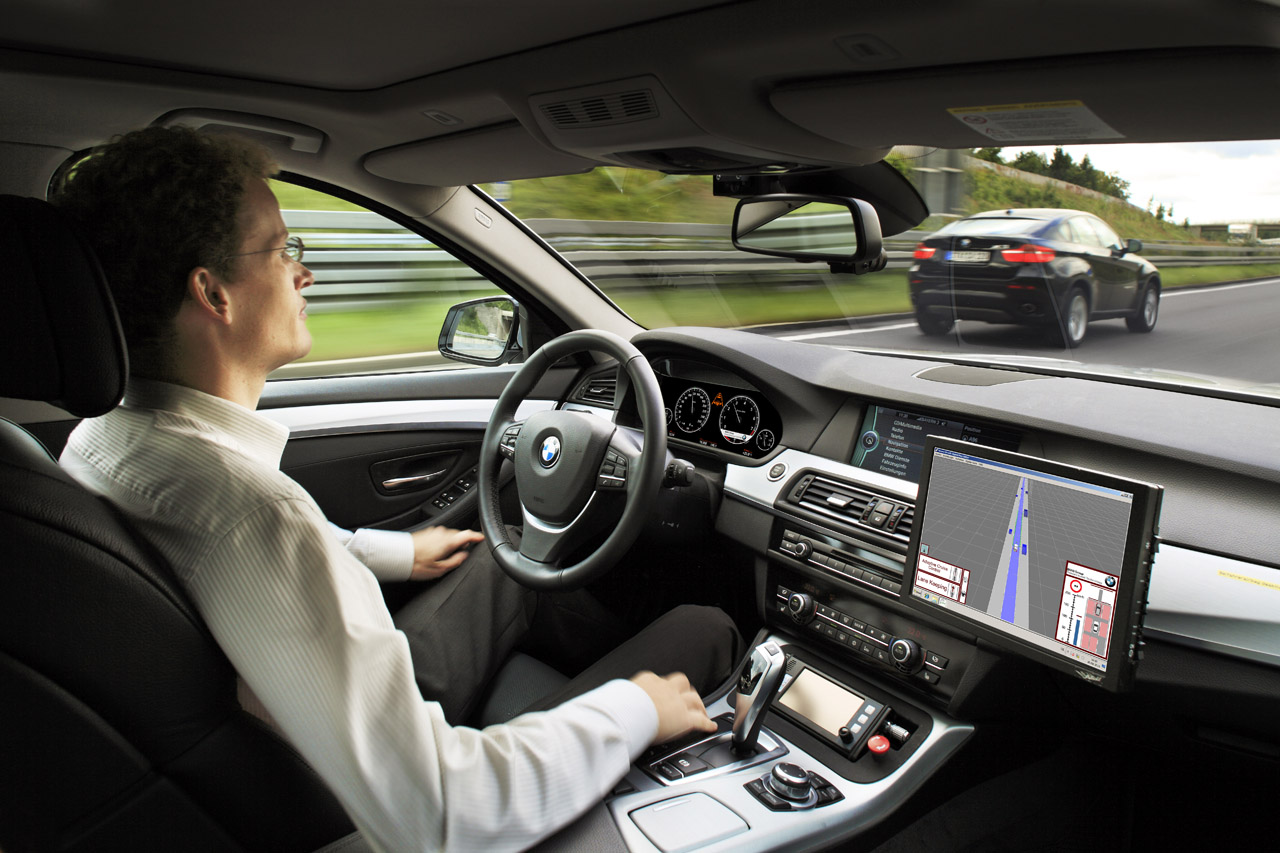Cars, either for business or personal use, are assets in many ways. Many self-employed individuals count on them to improve their logistics, especially during their business’s early days.
These vehicles can also be good promotional material. Marketing tools like car magnets and stick-on vinyl can significantly increase brand awareness because of the strong impressions they can generate. Just imagine how many people can see the vehicle as it weaves itself on alleys, highways, and urban areas.

Many places in the United States also do not have reliable public transport. The only way to get from point A to point B is by owning a vehicle.
However, the cost of car ownership has been increasing over the years. How can Americans, particularly those that rely on the vehicle for their business, make it more affordable? One option is by looking into the reasons it is becoming more expensive.
Why Are Cars Expensive Now?
Newer generations seem to be less friendly toward cars. In one study, about 16 percent of millennials said they could live without owning a vehicle compared to 9 percent of baby boomers and 13 percent of Generation X. The following demographic, Generation Z, also feel the same way as millennials.
Millennials and Generation Z seem to have greater awareness and social responsibility toward the environment, which somehow affects their behavior toward car ownership. Many also prefer to live in urban places where public transport is more accessible.
However, they also avoid buying a vehicle because of the costs that come with it.
According to the American Automobile Association (AAA), the average cost of car ownership increased by at least 5 percent, which means an owner is likely to spend nearly $10,000 for it. Back in 2016, the average cost was around $8,500, and it was much cheaper in 2015.
Many factors are causing these numbers to soar. The first on the list is the acquisition and car loan costs.
Although one can find vehicles in different price ranges, overall, the average cost of buying one went up for several reasons. There’s the shortage of semiconductors, one of the most vital components on most modern vehicles. Another is the issue with logistics, particularly during the COVID-19 pandemic. Overall, the average cost of buying a car is already over $35,000.
Car loan rates can also have an impact on one’s finances. The figures can fluctuate because the rate is also dependent on the Federal Bank. So far, according to bankrate.com, the interest rate for a 60-month new car was 4.18 percent as of June 30. It was only 4.08 percent on June 9. Meanwhile, used-car loans tend to have a much higher interest rate, which hit 4.49 percent on June 30.
The following may also be driving (no pun intended) the cost of having a vehicle:
1. Fuel
According to the AAA, the average fuel costs increased by 11.6 cents per mile, and in certain states, the high costs are far worse. In Michigan, for example, the average cost per gallon of gasoline went up by almost 50 percent compared to the previous year. Thus, a car owner will end up spending over $3 per gallon today.
2. Car Insurance
In almost all states, one cannot drive a vehicle without any adequate insurance, but even this one is becoming less friendly on the pocket. The AAA report revealed that the average car insurance cost is around $1,190 annually, or at least a $5 increase.
Although a $5 increase doesn’t seem like much, cars today now have a much longer lifespan. The average age of vehicles on the road is already 11 years. Further, as the vehicle ages, insurance costs may also increase, particularly for used ones.
3. Maintenance
The average cost of maintenance and repairs also increased by 0.73 cents per mile. A car owner, therefore, may have to spend almost 9 cents per mile. They are likely to spend more if they have a used vehicle.
How Car Owners Can Decrease These Costs
Fortunately, many factors that affect car ownership costs are controllable. For instance, they can shop for the cheapest insurance rates. Vehicles with no history of accidents or tickets may also be candidates for discounts.
Those who use their vehicle for business can also write it off as an expense. If the car is solely for entrepreneurial reasons, they can reduce their tax liability up to the total cost of the vehicle. Otherwise, they can claim a portion of a personal vehicle as a business expense. Either way, it can significantly help decrease one’s tax due.
The bottom line is that while car owners can still pursue many ways to bring the costs down.

